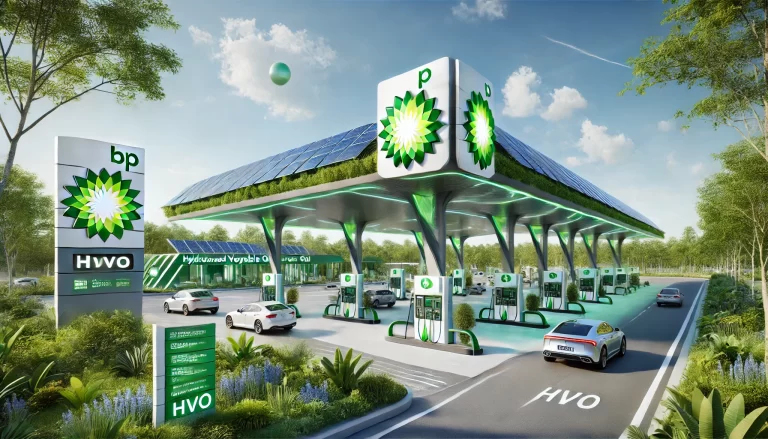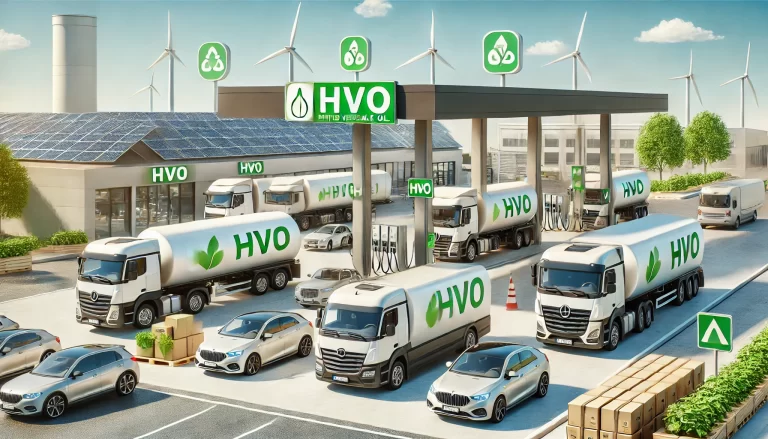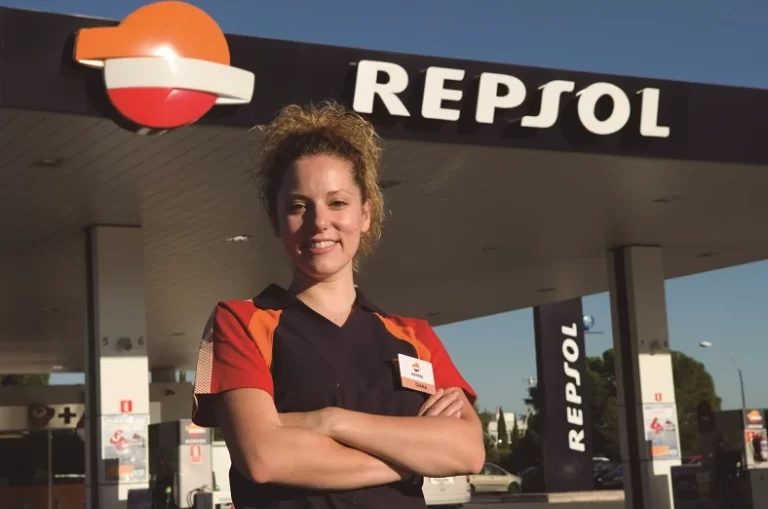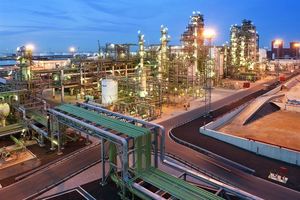
December 12, 2024
Bp has launched bp Bioenergy HVO for heavy duty road transport in Spain. The renewable diesel will be available at selected petrol stations in…

December 8, 2024
UK freight company Chamberlain Transport has converted its local Palletforce collection and delivery vehicles to run on Hydrogenated Vegetable Oil (HVO) supplied by Certas…

November 29, 2024
Repsol has 600 petrol stations supplying 100% renewable fuel in the Iberian Peninsula, including 550 in Spain and 50 in Portugal. This achievement fulfils…

November 19, 2024
Canadian renewable diesel producer Tidewater Renewables said in its third-quarter earnings report that it has hired outside trade law consultants and plans to soon…

November 13, 2024
The Neste Rotterdam refinery was shut down due to a November 8, 2024 fire. The fire has now been extinguished with no injuries. Neste…

November 9, 2024
Repsol has launched its 100% renewable diesel commercial name – Nexa 100% Renewable Diesel – at its petrol stations.Nexa 100% Renewable Diesel is uniquely…

October 28, 2024
BP announced on 23 October that it has begun selling Hydrogenated Vegetable Oil (HVO), also known as Renewable Diesel, at selected petrol stations in…

October 22, 2024
Recently, Neste Corporation disclosed in a statement that its renewable diesel production line in Singapore has been temporarily shut down due to an unforeseen…

October 12, 2024
Rolls-Royce has now approved its mtu engines, including the Series 1163 and 8000, for operation with sustainable fuels such as Hydrotreated Vegetable Oil (HVO).…

October 7, 2024
Aldi announced on September 27th that it plans to convert more than 30% of its HGVs in the UK to run on Hydrogen Vegetable…






